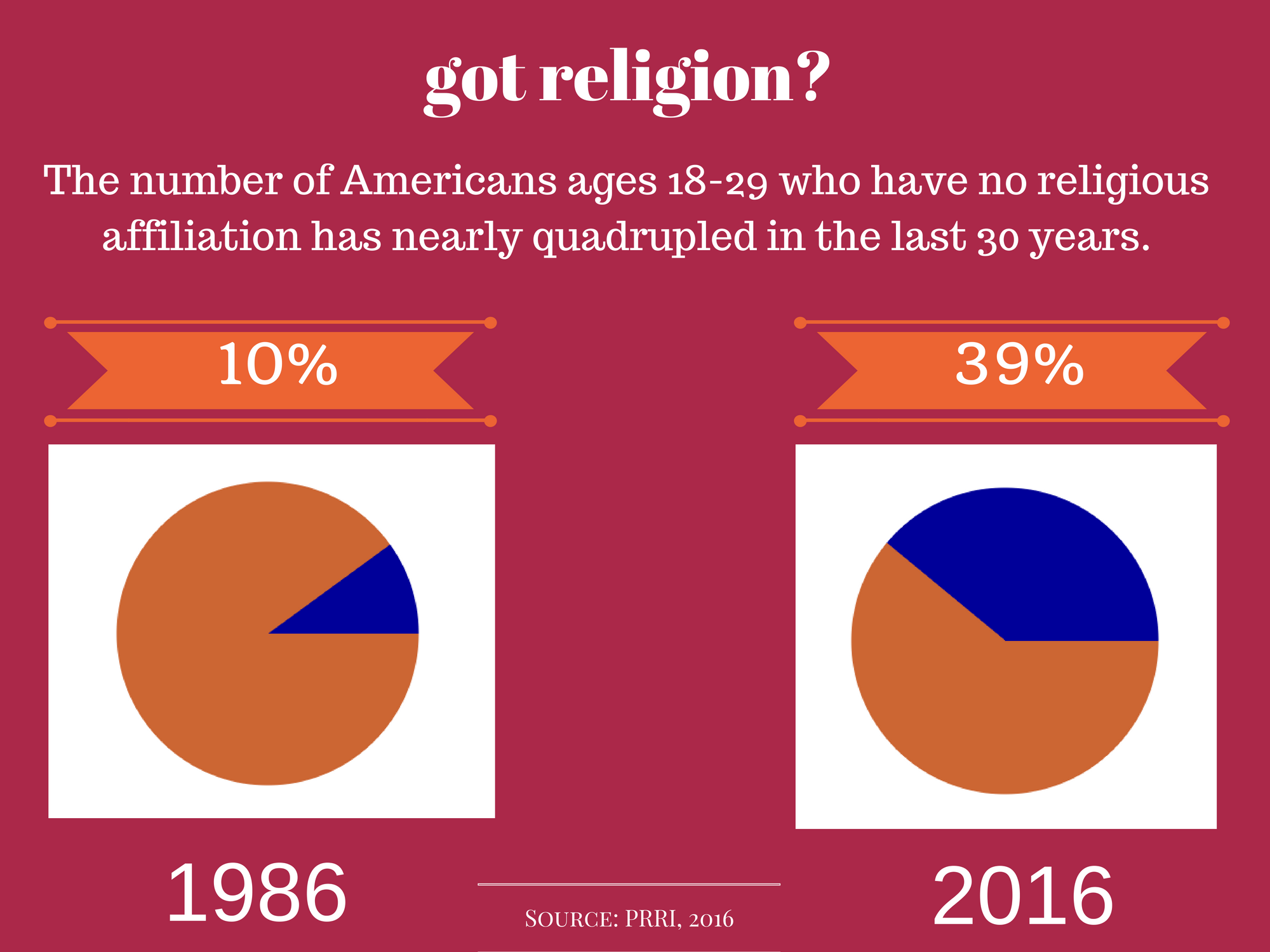Check Out The Compelling Improvement Of Catholic Schools And Their Notable Impact On Education-- Might Their Practices Open The Potential For Future Discovering?
Check Out The Compelling Improvement Of Catholic Schools And Their Notable Impact On Education-- Might Their Practices Open The Potential For Future Discovering?
Blog Article
Short Article Composed By-copyright Berthelsen
When you think about the history of education, Catholic schools attract attention for their deep-rooted practices and long lasting impact. These establishments started as a way to impart confidence and values, yet they've adjusted extremely over centuries. Today, they play an important function fit not just scholastic success however also moral integrity. What's interesting is just how they've managed to prosper amidst changing cultural landscapes, questioning about their future importance and influence.
The Beginnings of Catholic Education And Learning: A Historic Point of view
Catholic education traces its origins back over 1,500 years, when very early Christian neighborhoods recognized the demand for structured understanding. You'll locate that these communities intended to hand down their belief and values with education.
Monasteries and basilica colleges came to be facilities of understanding, nurturing both spiritual and intellectual development. As you dive much deeper, you'll see that the educational program frequently included ideology, faith, and the liberal arts, developed to create well-rounded people.
With time, the Church established more official establishments, guaranteeing that education and learning stayed accessible to all. The commitment to training ethical values and promoting a sense of neighborhood has lingered via the centuries, forming the educational landscape and influencing plenty of lives worldwide.
This long-lasting heritage remains to inspire Catholic education today.
The Evolution of Catholic Schools Through Cultural Contexts
As cultures advanced, so did the function of Catholic institutions, adapting to the social contexts in which they existed. In the very early years, these establishments concentrated primarily on religious guideline, yet as areas branched out, they began to include local languages, personalizeds, and instructional needs.
You 'd observe that Catholic schools typically ended up being centers for social cohesion, cultivating a feeling of belonging amongst students from different histories. In lots of regions, they attended to social problems, such as hardship and discrimination, by offering available education for all.
As you check out various societies, you'll see just how Catholic schools have shifted their educational program and teaching methods, reflecting the values and difficulties of their settings while holding to their fundamental goal of confidence and scholastic excellence.
The Modern Duty and Effect of Catholic Schools in Culture
In today's globe, Catholic institutions play an essential duty fit not just the educational landscape, but also the wider area.
You'll discover that these establishments stress values like respect, empathy, and social justice, promoting well-shaped people who contribute favorably to society. By concentrating on scholastic excellence and moral development, Catholic institutions prepare students for future obstacles, nurturing essential reasoning and management skills.
They frequently offer diverse populaces, connecting gaps in accessibility to high quality education and learning. Furthermore, https://cumberlink.com/news/local/history/mount-tabor-church-in-mount-holly-springs-listed-on-national-register-of-historic-places/article_58b2e730-ded8-5791-9f06-b258f1bb5208.html could observe their commitment to service, motivating pupils to engage in neighborhood outreach and volunteer work.
https://click4r.com/posts/g/21227313/several-are-captivated-by-just-how-catholic-education-sustains-all-nat of education and learning and ethical guidance makes Catholic institutions a substantial force, growing liable residents that can impact their areas for the better.
Verdict
Finally, Catholic schools have an abundant background that's shaped their long-lasting influence on culture. You've seen just how they have actually adjusted to different cultural contexts while maintaining a dedication to faith, worths, and academic excellence. Today, they continue to play a vital duty in cultivating community, advertising social justice, and nurturing responsible residents. As you assess their tradition, it's clear that Catholic institutions continue to be an effective pressure for favorable change worldwide.
